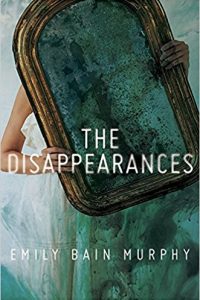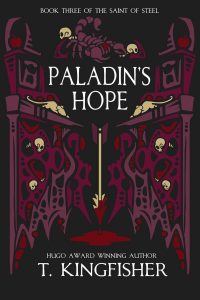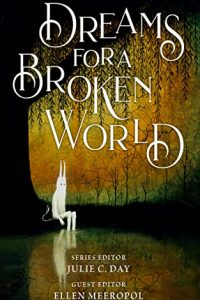Adrienne Martini reviews A.S. Byatt
 At its heart, A.S. Byatt’s Ragnarök is a story about stories. Here Byatt explores why we tell them and how some grow to become myths. The book’s slightness does nothing to indicate the weight of the ideas enclosed within.
At its heart, A.S. Byatt’s Ragnarök is a story about stories. Here Byatt explores why we tell them and how some grow to become myths. The book’s slightness does nothing to indicate the weight of the ideas enclosed within.
On its surface, this is a story about a character referred to only as ‘‘the thin girl,’’ who was evacuated from a ‘‘steel city’’ to the English countryside during World War II. She spends the time reading and rereading both Bunyan’s Pilgrim’s Promise and Wagner’s Asgard and the Gods. In the former, she recognizes the clear message but can’t connect with it during this bleak time. In the latter, she connects to the chaos and, perhaps, the moral ambiguity of the tales as well as the thought that the world as it was known could be devoured by wolves.
The thin child’s foremost concern isn’t her own survival but that of her father, who has been at the front for a number of years. She knows, deep in her heart, that he won’t come back, because that’s how most stories go. Fathers and heroes frequently fail to return. The thin child seems to take comfort in this.
While Byatt explores the experience of being a kid during a war (or, really, any equally traumatic event), she also retells the story of the Ring Cycle, deftly interweaving the two. Neither story would have much impact if forced to stand alone. Together, however, they echo and howl.
Byatt’s simple prose is nothing that a ten-year old couldn’t easily read, further proving that complexity isn’t always equivalent to power. There are moments where she condenses complicated emotions into something crystalline: ‘‘What was fearsome, the thin child understood, was to have helpless parents.’’ And in context, that sentence knocks the wind out of you.
Underneath all of that, however, is Byatt herself deconstructing and testing what it is that makes a story work, as well as what elevates a story into a myth. Thoughts about both get dropped into the larger stories, commenting upon both the action and the ideas. ‘‘The thin child knew enough fairy stories to know that a prohibition in a story is only there to be broken. The first humans were fated to eat the apple. The dice were loaded against them.’’
Ragnarök is one of those books that you could read every couple of years and find something new each time, no matter how well you know the story of Loki and his mates, or the Blitz.







